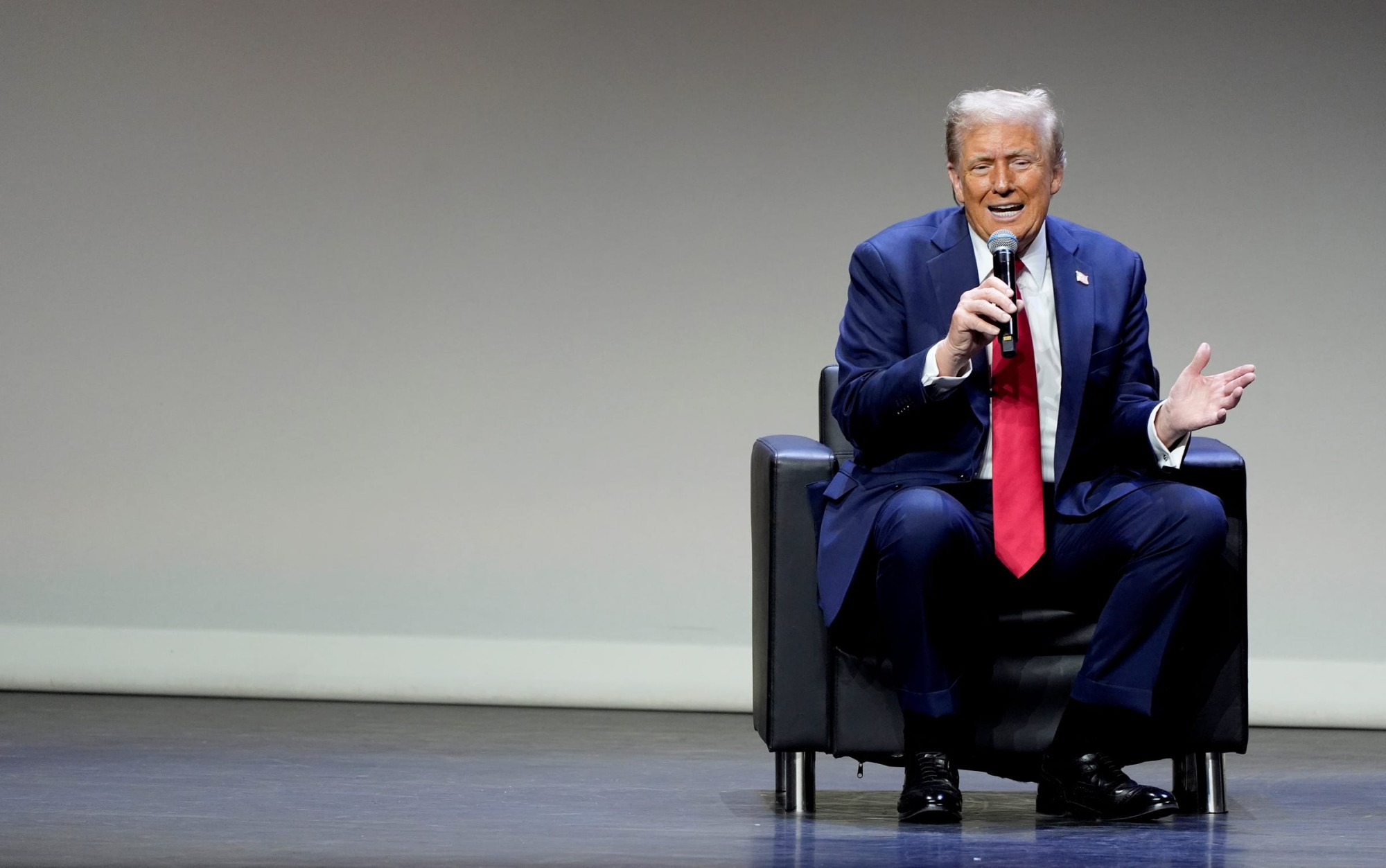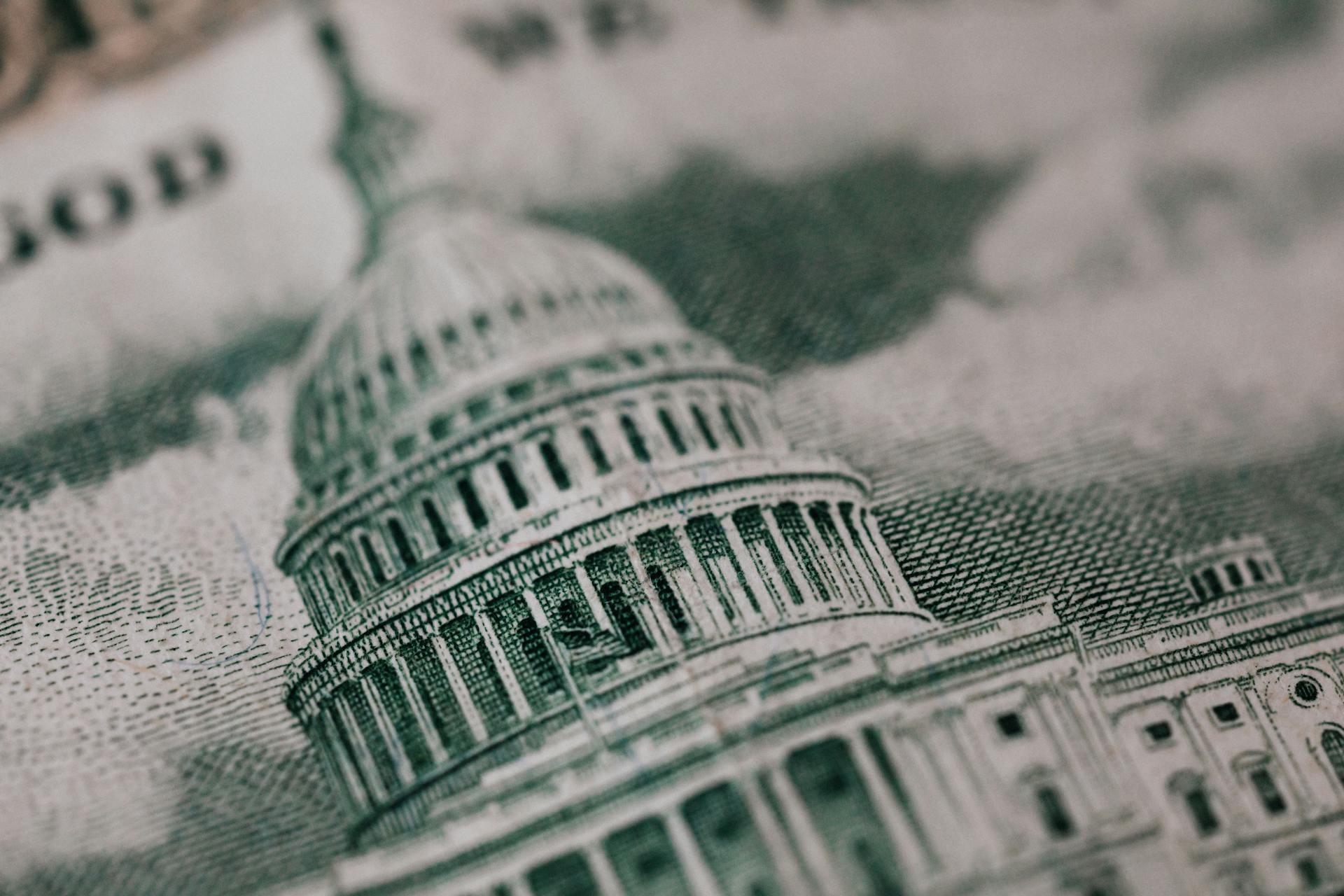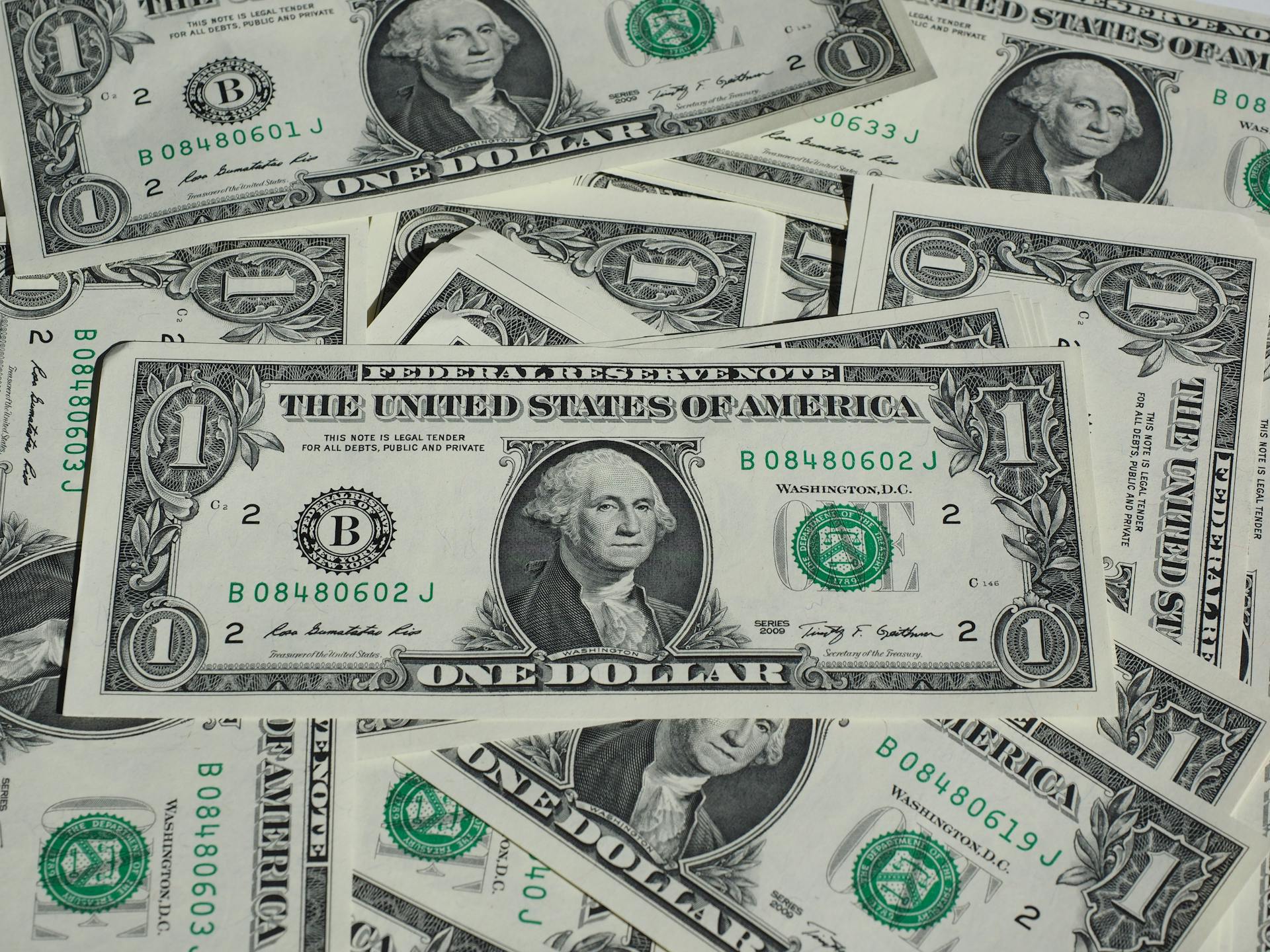Business
Americans Are Fed Up With Tipping—But a Tax Break Could Backfire, Experts Warn
By Jake Beardslee · February 10, 2025

Trump’s No-Tax-on-Tips Plan Sparks Debate Among Economists and Workers
President Donald Trump reaffirmed his proposal to exempt tips from taxation, a promise he first introduced while campaigning in Nevada. Speaking at the Circa resort and casino in Las Vegas in late January, Trump declared his commitment to working with Congress to enact this measure."If you're a restaurant worker, a server, a valet, a bellhop, a bartender, or one of my caddies ... or any other worker who relies on tipped income, your tips will be 100% yours," Trump stated.
The proposal has garnered significant support from industry trade groups, Nevada’s largest labor union, and bipartisan political figures. However, economic and policy analysts argue that the measure is unfair, costly, and unlikely to benefit most low-income workers in a meaningful way. Eric Seals / USA TODAY NETWORK via Imagn Images

Supporters and Critics Weigh In
Rosanna Maietta, president and CEO of the American Hotel and Lodging Association, has urged Congress to pass the proposal, stating it would allow hotel employees to "take home more of the pay that they earn every day."Public sentiment also appears favorable. An August Ipsos poll found that 73% of Republicans, 75% of Democrats, and 73% of independents support eliminating taxes on tips. However, economists warn that the change could introduce complications.
Kyle Pomerleau of the American Enterprise Institute criticized the proposal, stating, "No taxes on tips may have been a good political move to propose during the campaign, but it is certainly bad tax policy." Kaboompics.com / Pexels

Economic and Fiscal Implications
Research from Yale University’s Budget Lab indicates that the policy would impact only a small portion of low-income Americans. About 4 million U.S. workers—or 2.5% of the workforce—earned tips in 2023. More than a third of those workers already did not earn enough to pay federal income taxes.If implemented, the policy would yield an average tax cut of approximately $1,700 for benefiting families, while the bottom 20% of earners would save only around $200. Meanwhile, estimates suggest that the policy could reduce federal tax revenue by more than $100 billion over the next decade, depending on whether payroll taxes are also exempted. Kaboompics.com / Pexels

Unintended Consequences and Industry Concerns
One concern among economists is the fairness of the plan. Pomerleau questioned why a cook and a waiter, making the same pre-tax wages, should end up with different take-home pay simply because one earns tips.Additionally, the change may exacerbate an existing tipping culture that many Americans find increasingly burdensome. A 2023 Pew report found that nearly three-quarters of Americans believe tipping expectations have expanded significantly in recent years. cottonbro studio / Pexels

Congressional Action Required for Tax-Free Tips
Implementing this tax exemption would require congressional action. Lawmakers have already introduced bills aimed at removing federal income tax on tips, including the No Tax on Tips Act, co-sponsored by Nevada Democrats Sen. Jacky Rosen and Sen. Catherine Cortez Masto."This bipartisan bill will ensure tipped workers in Nevada can keep more of their hard-earned money," Rosen stated in January, emphasizing that hospitality and service workers form the "backbone of our economy." Kaboompics.com / Pexels

Culinary Union Supports Bill but Demands Wage Reform
The Culinary Union, representing around 60,000 hospitality workers in Nevada, also supports the measure but insists that addressing the federal tipped minimum wage of $2.13 an hour is equally vital."Taking on both issues is critical to ensuring one job is enough for workers to support their families," said Ted Pappageorge, the union’s secretary-treasurer. Pixabay / Pexels

Tax-Free Tips Proposal: Economic and Policy Implications
Although the bill would exempt tips from federal income tax, it would not eliminate payroll taxes that fund programs like Medicare and Social Security.As Trump pushes forward with his proposal, the debate over tax-free tips continues, with potential consequences for workers, businesses, and the broader economy. www.medicare.gov